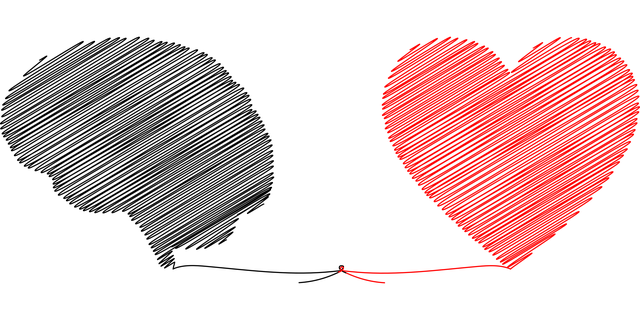Aurora Postpartum Depression Therapy (APDT) provides an evidence-based program for new mothers dealing with depression or anxiety after childbirth, combining cognitive-behavioral therapy, mindfulness, and psychoeducation. Mental wellness journaling, offered by APDT, is a powerful self-reflection tool that helps document emotions, process stress, and track therapy progress, promoting better mental health. Creating your journal, in conjunction with professional sessions, offers a safe space to explore thoughts, develop coping skills, manage stress, and improve overall well-being, emphasizing the importance of prioritizing mental wellness during this challenging time.
“Uncover the transformative power of mental wellness journaling with our comprehensive guide. In today’s fast-paced world, prioritizing emotional well-being is paramount, especially post-pregnancy. This article explores Aurora Postpartum Depression Therapy as a pioneering approach, harnessing the benefits of journaling to enhance mental clarity and resilience.
We’ll delve into the technique’s ability to foster self-reflection, improve mood, and provide a safe space for expression. Additionally, we offer practical tips on creating a personalized journaling ritual to support your journey towards better mental health.”
- Understanding Aurora Postpartum Depression Therapy: A Brief Overview
- The Power of Mental Wellness Journaling: Benefits and Techniques
- Creating Your Journal: Tools and Tips for Effective Practice
Understanding Aurora Postpartum Depression Therapy: A Brief Overview

Aurora Postpartum Depression Therapy (APDT) is a specialized approach designed to support new mothers experiencing depression or anxiety following childbirth. This therapy recognizes the unique challenges faced by women during this transformative period, offering evidence-based strategies for recovery. APDT incorporates various techniques such as cognitive-behavioral therapy, mindfulness practices, and psychoeducation to help mothers understand and manage their mental health effectively.
The therapeutic process begins with a comprehensive risk assessment tailored by mental health professionals to identify potential triggers and mitigate risks. By focusing on mood management, APDT equips women with tools to navigate the emotional ups and downs of motherhood while fostering mental health awareness. This proactive approach not only benefits individual mothers but also contributes to building resilient families and communities.
The Power of Mental Wellness Journaling: Benefits and Techniques

Mental wellness journaling is a powerful tool for self-reflection and emotional regulation, offering numerous benefits for individuals seeking to navigate life’s challenges. Through this introspective practice, one can gain deeper insights into their thoughts, feelings, and experiences, fostering a sense of clarity and empowerment. For new mothers struggling with postpartum depression, Aurora Postpartum Depression Therapy highlights journaling as an effective coping mechanism. It provides a safe space to express emotions, process stressful events, and track progress in therapy.
By documenting daily experiences, emotions, and patterns, individuals can identify triggers, develop healthier coping strategies, and improve overall mental well-being. Journaling techniques such as mindfulness writing, where one focuses on the present moment, or gratitude journaling, which encourages reflecting on positive aspects, can be particularly beneficial. Additionally, crisis intervention guidance from professionals can enhance these practices, offering tailored trauma support services to address specific needs.
Creating Your Journal: Tools and Tips for Effective Practice

Creating your journal is a powerful step towards prioritizing mental wellness, especially for new mothers facing challenges like postpartum depression. It offers a safe and personal space to explore thoughts and emotions, serving as a valuable tool in therapy sessions with professionals like those at Aurora Postpartum Depression Therapy.
When setting up your journal, consider using prompts tailored to coping skills development and stress management. Start with basic questions about your daily experiences and emotions. Include sections for tracking sleep patterns, nutrition, and physical activity—fundamental aspects that influence mental health. Incorporate drawing or collage elements to visually represent moods or use quotes that inspire self-esteem improvement. The key is to make it a personalized, engaging resource that encourages consistent practice.
Mental wellness journaling can be a powerful tool for navigating challenges like Aurora Postpartum Depression Therapy. By committing time to reflect, process emotions, and track progress, individuals can cultivate greater self-awareness and resilience. Through this practice, one gains insights into their mental health landscape, identifies patterns, and discovers coping strategies that work best for them. Incorporating mental wellness journaling into daily routines can be a transformative game-changer in the journey towards improved mental well-being.














